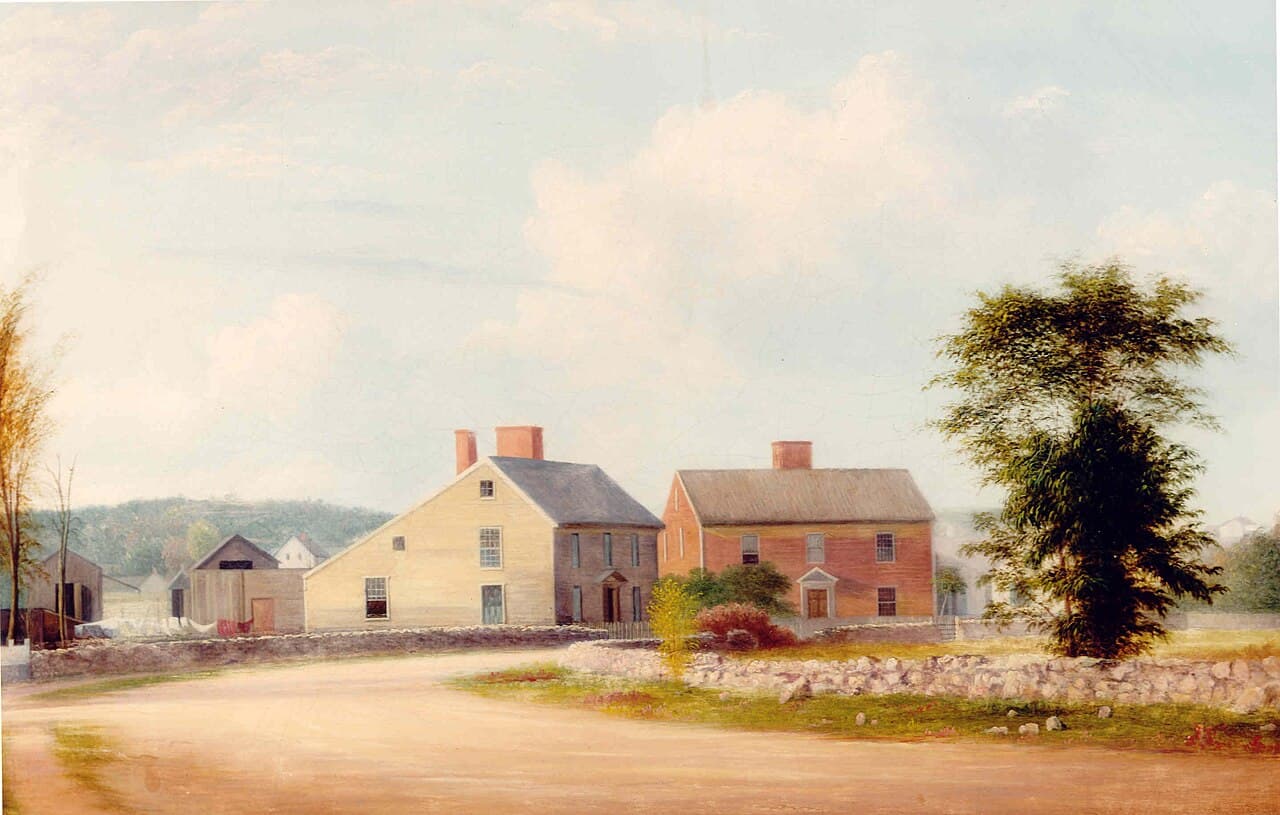
From Log Cabins and Empty Lots, Presidential Origins Manifest America’s Destiny
By DEAN KARAYANIS
|Lewis Carroll’s parody of Isaac Watts’s poem replaces the goody-goody bee with the crocodile, whose virtue resides in his being exactly no more and no less than what he is.

Already have a subscription? Sign in to continue reading
$0.01/day for 60 days
Cancel anytime
By continuing you agree to our Privacy Policy and Terms of Service.

By DEAN KARAYANIS
|
By CONRAD BLACK
|
By JOTAM CONFINO
|
By SHARON KEHNEMUI
|
By MATTHEW RICE
|
By GARY GASTELU
|
By SHARON KEHNEMUI
|
By ELYSA GARDNER
|